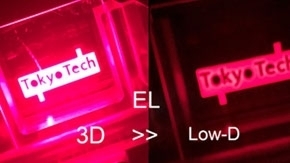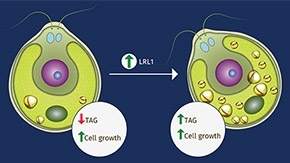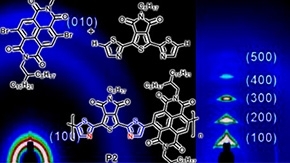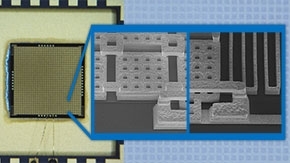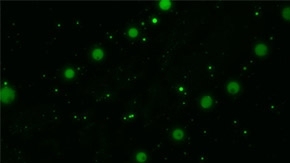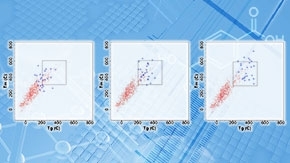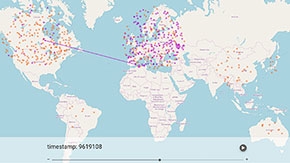Tokyo Tech Bulletin is an email newsletter introducing Tokyo Tech's research, education, and students' activities. The latest edition, "Tokyo Tech Bulletin No. 57," has been published.
To get the most recent news from the Institute directly to your inbox, subscribe to Tokyo Tech Bulletin outer now.
SPECIAL TOPICS

Understanding how cows feel using AI?
AI solutions for animal welfare - a cattle monitoring system utilizing state-of-the-art edge AI under the Tokyo Tech Center of Innovation (COI) Research Center for Earth Inclusive Sensing Empathizing with Silent Voices
Research

Harrison Smith featured on Exocast
ELSI Researcher, Harrison Smith joins the latest 'Exocast' podcast that was recorded during AbSciCon 2019. The monthly podcast features latest news and topics related to exoplanets. The 36th episode of exocast features:
In the spotlight
. Any information published on this site will be valid in relation to Science Tokyo.



